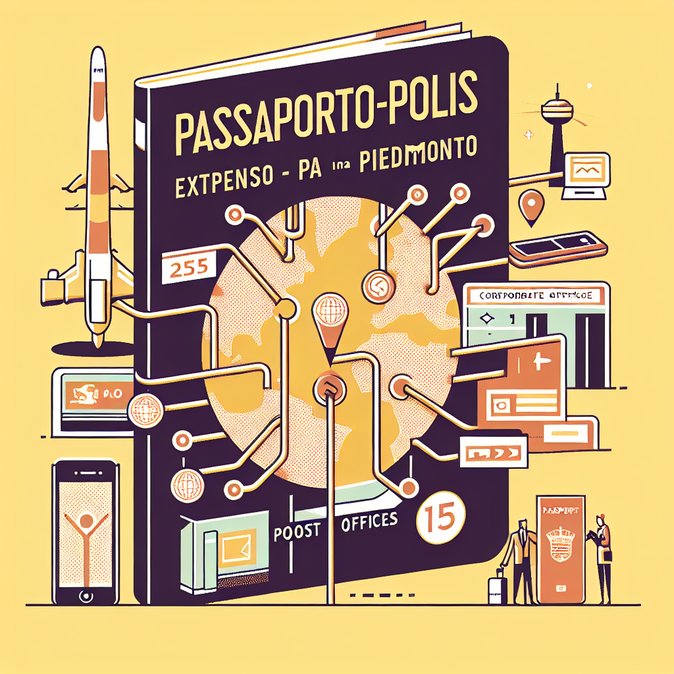
In a move described by High Representative Kaja Kallas as a response to ‘hybrid threats’, the European Commission on 7 November 2025 eliminated the possibility for Russia-based nationals to secure multi-entry Schengen visas. Henceforth, Russian travellers—including business visitors—must apply for a new single-entry visa each time they intend to enter the bloc.
For Italy, whose 18 consular posts in the Russian Federation issued more than 53,000 Schengen visas in 2024, the decision means an immediate operational pivot. Consular officers in Moscow and St Petersburg have begun reallocating interview slots to shorter, single-entry appointments, and the outsourced application centre VFS Global confirmed it will expand biometric-capture booths to keep queues under 30 minutes.
![EU Tightens Schengen Visa Rules for Russian Citizens—Italian Consulates Brace for Higher Workload]()
The Italian business community is split. Energy-services groups with longstanding projects in Yamal fear recurring paperwork and longer lead-times for Russian engineers who rotate through Italian headquarters. Conversely, defence and cybersecurity firms welcome tighter controls they say reduce espionage risk. The Italian Industrial Federation (Confindustria) has asked Rome to introduce a ‘frequent-traveller business facilitation’ clause similar to the one Italy negotiated with China in 2019.
Mobility managers should note that the policy does not affect Russians who already hold valid multi-entry visas, but renewal will fall under the new rules when those visas expire. Employers sponsoring Italian national (D-type) work permits for Russian assignees remain unaffected, yet HR teams are being advised to budget an extra 2–3 weeks for short-term travel planning and to monitor appointment availability on Prenot@Mi.
The Commission will review the measure in six months. Until then, companies with Russian clients or suppliers should maintain a rolling visa-expiry tracker and consider shifting project kick-off meetings to neutral venues, such as Belgrade or Dubai, that Russians can access visa-free.
For Italy, whose 18 consular posts in the Russian Federation issued more than 53,000 Schengen visas in 2024, the decision means an immediate operational pivot. Consular officers in Moscow and St Petersburg have begun reallocating interview slots to shorter, single-entry appointments, and the outsourced application centre VFS Global confirmed it will expand biometric-capture booths to keep queues under 30 minutes.

The Italian business community is split. Energy-services groups with longstanding projects in Yamal fear recurring paperwork and longer lead-times for Russian engineers who rotate through Italian headquarters. Conversely, defence and cybersecurity firms welcome tighter controls they say reduce espionage risk. The Italian Industrial Federation (Confindustria) has asked Rome to introduce a ‘frequent-traveller business facilitation’ clause similar to the one Italy negotiated with China in 2019.
Mobility managers should note that the policy does not affect Russians who already hold valid multi-entry visas, but renewal will fall under the new rules when those visas expire. Employers sponsoring Italian national (D-type) work permits for Russian assignees remain unaffected, yet HR teams are being advised to budget an extra 2–3 weeks for short-term travel planning and to monitor appointment availability on Prenot@Mi.
The Commission will review the measure in six months. Until then, companies with Russian clients or suppliers should maintain a rolling visa-expiry tracker and consider shifting project kick-off meetings to neutral venues, such as Belgrade or Dubai, that Russians can access visa-free.


